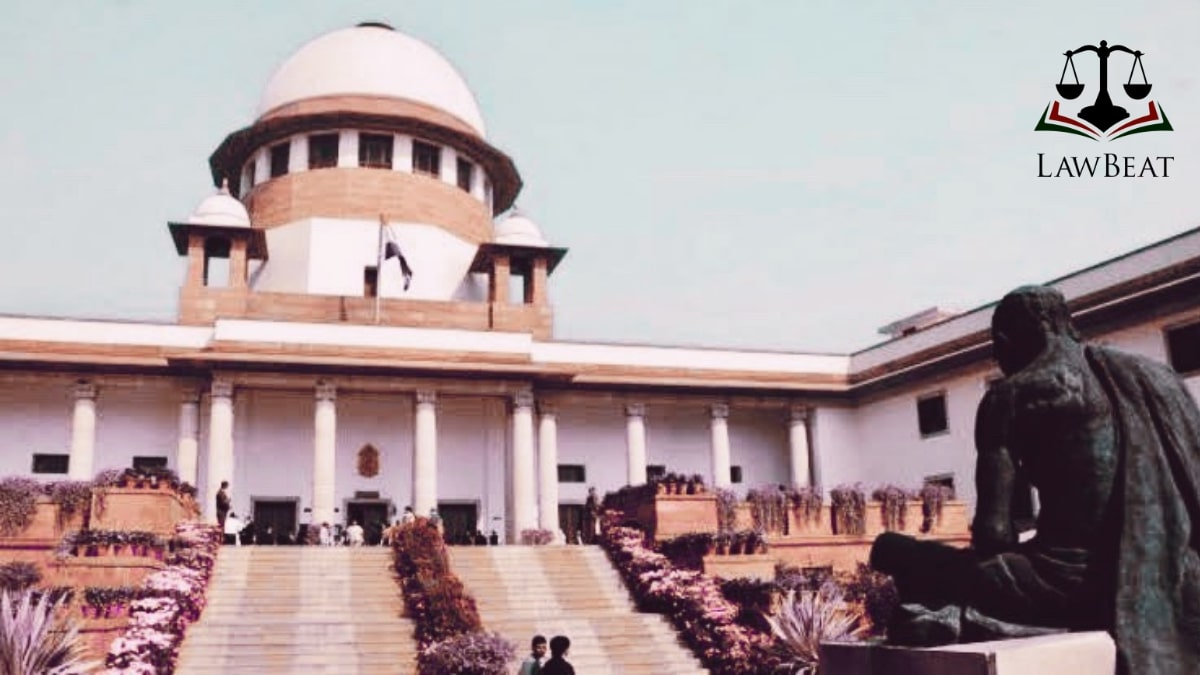Motor Accident Claims| Supreme Court says split multiplier for calculating compensation cannot be applied unless specific reasons are recorded

While upholding the award passed by the Motor Accident Claims Tribunal, Subordinate Court, Paramakudi, the Supreme Court last Wednesday held that a Split multiplier cannot be applied for calculating compensation unless specific reasons are recorded for doing the same.
The Court further remarked that a finding that the deceased was having leftover service of only four years, cannot be construed as a special reason, for applying the split multiplier for the purpose of assessing the compensation.
A civil appeal was filed by legal heirs of the deceased – Late Balasubramanian, aggrieved by the judgment of the Madurai Bench of Madras High Court wherein it allowed the Misc. Appeal filed by M-S National Insurance Company Ltd under Section 173 of the Motor Vehicles Act, 1988, reducing the compensation from Rs.40,16,496/- to Rs.25,25,000/-.
The High Court while referring to the judgments of the top Court in the case of Sarla Verma (Smt.) & Ors Vs. Delhi Transport Corporation & Anr. and in the case of Puttamma & Ors. v. K. L. Narayana Reddy & Anr. held that compensation is to be awarded by applying split multiplier.
It was argued by the Insurance Company that as on the date of accident, the deceased was about 54 years and had leftover service of only four years and as such after retirement, he was to get a pension only to the extent of 50% of the salary, thus, the High Court had correctly applied a split multiplier for the purpose of assessing the compensation.
A bench of Justices R Subhash Reddy and Hrishikesh Roy went on to refer to the case of Puttamma where, in similar circumstances, when the split multiplier was applied for the purpose of assessing compensation by the High Court, the top Court had allowed the appeal by setting aside the judgment of the High Court. The Court referred to Para 66 of the case wherein it was held that,
".... the High Court instead of deciding the just compensation allowed a meagre enhancement of compensation. In doing so, the High Court introduced the concept of split multiplier and departed from the multiplier system generally used in the light of the decision in Sarla Verma case without disclosing any reason. The High Court has also not considered the question of prospect of future increase in salary of the deceased though it noticed that the deceased would have continued in pensionable services for more than 10 years.....Thus, we fail to appreciate as to why the High Court chose to apply split multiplier and applied multiplier of 10......"
While allowing the appeal, the Court held that in normal course, compensation is to be assessed by applying multiplier as indicated in the judgment of Sarla Verma.
"Further, we restore the award passed by the Tribunal and the claimants are entitled for compensation as per the award dated 15.12.2012 passed by the Motor Accident Claims Tribunal, Subordinate Court, Paramakudi in MACOP No.76 of 2011. The compensation payable to the appellants, as per the aforesaid award, shall be paid by the first respondent – Insurance Company, within a period of two months from the date of this order", ordered the bench.
Cause Title: SUMATHI & ORS. v. M/S. NATIONAL INSURANCE COMPANY LTD. & ANR.
